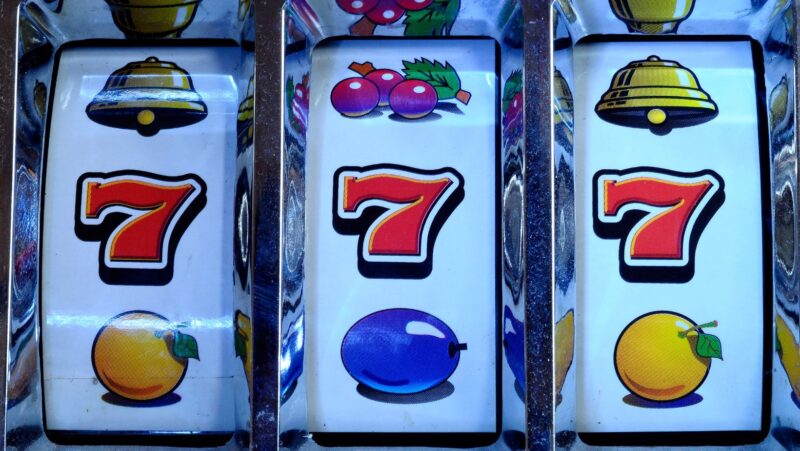
On October 12, 1492, Christopher Columbus set sail from Spain in search of a new world. He was determined to find a route to Asia that would not require sailing around the treacherous southern tip of Africa. Columbus’s voyage marked the beginning of a new era for Europe and America.
Columbus Day is a day to celebrate the achievements of Christopher Columbus. It has been celebrated for over 100 years, and was created by President Woodrow Wilson in honor of Columbus’s legacy.

On October 12, 1492, Christopher Columbus landed in San Salvador, El Salvador.
Photo courtesy of Getty Images/Universal History Archive
Please lend me your ears, friends, Americans, and people of the globe. Not to honor Christopher Columbus, but to bury him.
Julius Caesar’s “grievous flaw” of ambition is discussed in Shakespeare’s famous Marc Antony speech, as is the noble character of Caesar’s friend and murderer, Brutus. The charges against Caesar are then deflected by Antony, who cleverly and cynically reminds the assembled audience of Caesar’s accomplishments and affection for the Roman people—and how they all used to adore him in return.
I doubt my skills will be as persuasive on favor of Columbus, who accomplished great things and is deserving of a national holiday in his honor, but I feel compelled to say what I believe to be true. His amazing achievements of discovery were made possible by personal characteristics that Americans should admire, and formerly did. Holding historical people to contemporary moral standards is an antihistorical political control tactic, similar to the pseudohistory I was taught in the Soviet Union.
My first recollections of my father are of his giving me a globe and us reading tales about great explorers together—stories by writers like Stefan Zweig, not communist propagandists—rather than chess. As a result, I was ready to be skeptical when Soviet history texts depicted these guys as callow imperialists who exploited the indigenous in the same manner that their capitalist successors exploited the proletariat. This also prepared me for today’s Western liberals to regurgitate the same clichés.
This portrayal of Columbus as a ruthless thief is as simple and erroneous as the depiction of him as a savior-hero who proved the globe was round. Reality, as usual, is complicated and does not offer simple, pleasant solutions.
It might be argued that Columbus’ years spent navigating the Spanish courts and courtiers were a bigger achievement than his crossing of the Atlantic, which did not go according to plan. He was tenacious yet polite in his interactions with indigenous peoples in the Americas, where he and his soldiers perpetrated atrocities in the name of holy conquest.
As I previously said, I am not here to laud the guy, but rather to honor his accomplishments. Columbus learned Latin in order to research ancient and medieval texts for hints regarding the globe’s circumference and possible voyages. True, his estimates were completely incorrect, with Asia being overestimated and the world being underestimated. But, like any company seeking venture money, he realized he had to make the goal sound simpler. Columbus aspired to fulfill Seneca’s Medea prophecy: “After many years, an era will come when the Ocean will free the bonds of things, and a vast country lay exposed.” So he did, in four incredible journeys that mapped and altered the course of history.
As we uncover new knowledge and apply new insights to previous events, revisionism plays an important role in history. Whitewashing and jingoism have no place in the service of a purportedly patriotic goal—or any agenda. We must pass on the good and evil of our forefathers, founders, heroes, and saints.
Otherwise, tales like the Confederate “Lost Cause,” which was allowed to fester like an open sore, take root too readily. Its infestation has reached the twenty-first century. There should be no celebration of people who fought against the Union in order to maintain the terrible system of slavery—which, crucially, even some of its supporters at the time recognized as such.
This context test fails when comparing American monuments of Columbus to those of Robert E. Lee. The need for impartiality also applies to people judging a 15th-century European who braved great risks and accomplished amazing feats of discovery in order to develop modern civilisation. The Enlightenment and Humanism were yet two centuries distant. In 1492, the year of Columbus’ famous trip, Spain exiled many Jews and subjected others to the Inquisition’s horrors.
From Columbus to Elon Musk, there has been a long series of adventurous explorers. Their successes should not obscure their faults, but their flaws should not obscure their accomplishments. Honoring great acts and risk-takers who challenge conventional opinion may encourage others to follow in their footsteps, whether it’s into unknown seas or into space, and such bravery is desperately needed today.
We, too, are complicated beings. Unlike the “brutish animals” evoked by Marc Antony, we are capable of judgment and reason. There is no such thing as a zero-sum game in history. We can respect indigenous peoples and everything they represent—as well as all they lost—without eliminating the Age of Discovery’s greatest accomplishments. I’ll be enjoying Columbus Day with you, and I hope you will as well.
Mr. Kasparov is the chairman of the Human Rights Foundation and the Renew Democracy Initiative.
‘I am a capitalist,’ Biden has said, ‘and I am not a socialist.’ Here’s why both of these assertions are incorrect. Image credit: Zuma Press/Image Of Sport Mark Kelly’s composite
Dow Jones & Company, Inc. All Rights Reserved. Copyright 2021 Dow Jones & Company, Inc. 87990cbe856818d5eddac44c7b1cdeb8
The print version of the October 11, 2021, was published.
Columbus was a man with many achievements. He discovered America and brought the idea of exploration to the forefront of society. Reference: why should columbus be celebrated.
Frequently Asked Questions
What are some of Christopher Columbuss achievements?
Christopher Columbus is a celebrated Italian explorer and navigator who made several voyages to the Americas, in 1492. He was born in Genoa, Italy and died in Valladolid, Spain.
What is Christopher Columbus best known for?
Christopher Columbus is best known for being the first European explorer to reach the New World.
Related Tags
- why columbus day should not be celebrated
- christopher columbus achievements
- 12 reasons why we should celebrate columbus day
- columbus day indigenous peoples’ day
- columbus day 2020











